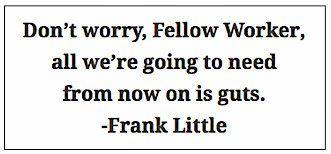 ———-
———-
Hellraisers Journal – Sunday January 2, 1921
Chicago, Illinois – Mary Heaton Vorse Has Supper with Convicted Fellow Workers
From The Liberator of January 1921:
Twenty Years
By Mary Heaton Vorse
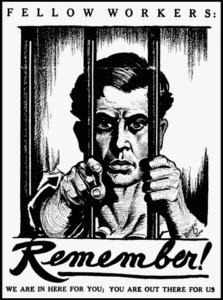
RECENTLY in Chicago, after a meeting, I went to get a sandwich with a group of labor men. As I looked around the table, it came to me with a shock that I was the only person there, but one, who was not condemned to a long jail sentence. For all the people at the table were members of the Industrial Workers of the World convicted in the famous Chicago case.
Ralph Chaplin sat next to me. I had been talking only a few minutes before with his wife, a girl of extraordinary loveliness. She had not come out with us to supper because she had gone home to put her little boy of seven to bed. I had seen them standing all three together, only a half hour before.
Ralph Chaplin is a gifted idealist, a poet, as well as a man of action. His quality of uncompromising courage made me think of Jack Reed. It is upon such youth that the strength of a people is founded, men ready to suffer and with gifts to make people understand the beliefs which have stirred their hearts. And his wife is like him. It made you feel right with life to see them together. They face a 20-year sentence.
Ralph Chaplin is to be put in jail because he belonged to an industrial union, a legal organization.
Ralph Chaplin was Editor of “Solidarity.” And that is why he was given twenty years. It was a pretty bad crime for anyone to hold a red card. The talented ones were selected for 20-year sentences. Apparently Judge Landis could not bear that a man of attainments and gifts should belong to the organization of the I. W. W.
Charles Ashleigh is another poet. What had he done? He had been an I. W. W. He has a sentence of five years. He was one of those against whose sentence even Captain Lanier of the Military Intelligence protested. One wonders if the Captain had ever read the poem by his distinguished relative, called “Jacquerie.” And so Charles Ashleigh is among those who are slated for Leavenworth, where he has already spent two years.
Opposite me sat George Hardy, the. General Executive Secretary. He was one of those who got off easy. He only got a year and he has already served his sentence. No one knew exactly why some got long sentences or why some got short ones.
Bill Haywood, at the head of the table, as a matter of course was given the maximum sentence; that means a death sentence if it is carried out.
Continue reading “Hellraisers Journal: From The Liberator: “Twenty Years” by Mary Heaton Vorse -Appeals at an End for Chicago IWW Case” →
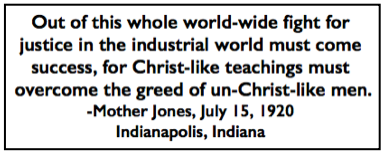 ———-
———-
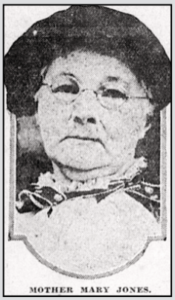
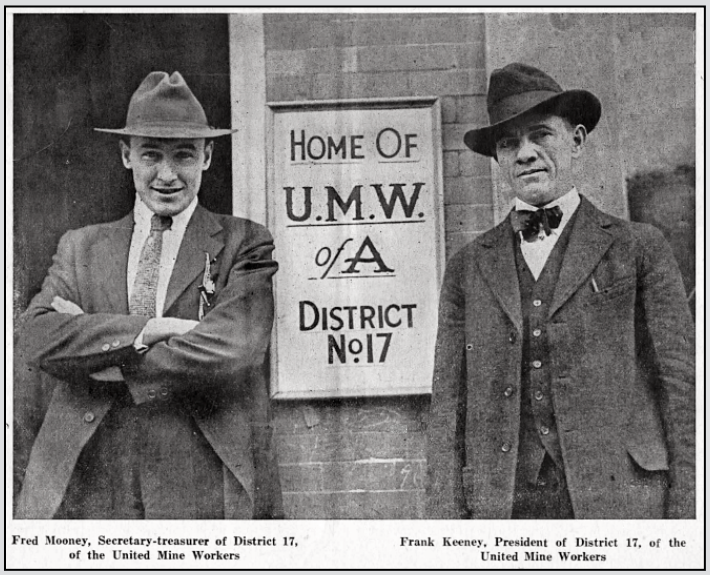
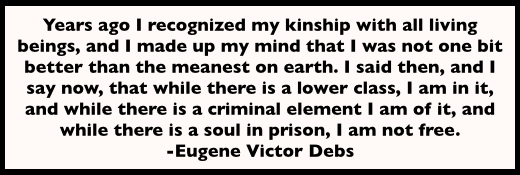
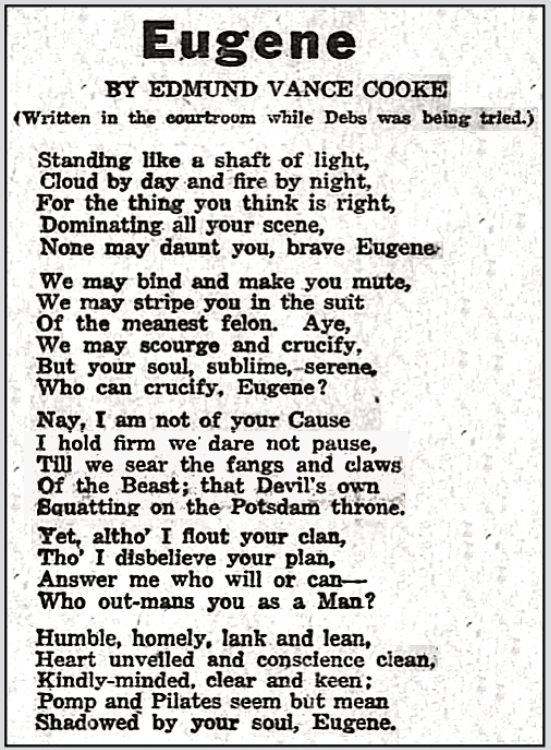
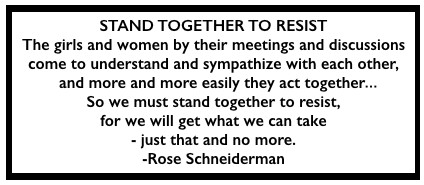 ———–
———–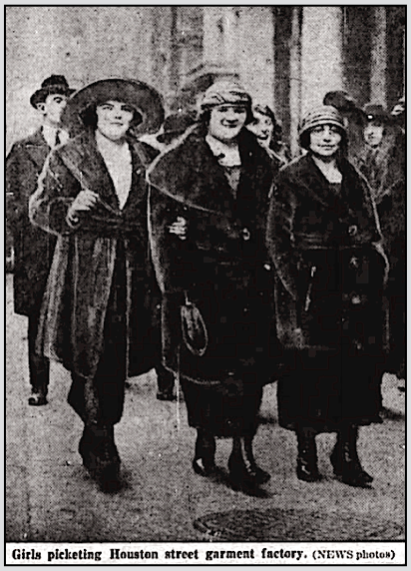
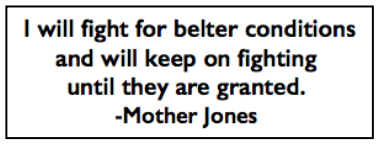 ———-
———-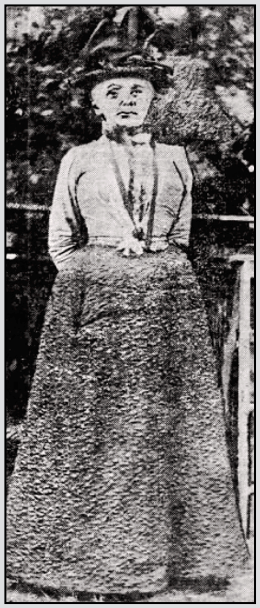
 ———-
———-
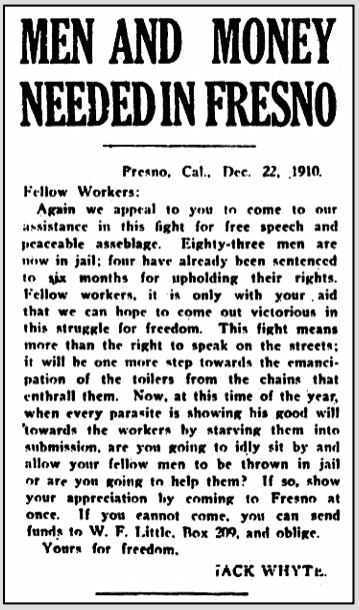 The last week has been a very busy one amongst the members on the firing line. The workers have been treated to all kinds of Christmas presents by their kind Christian masters, even your fellow members laying in jail. They had a hunger strike. Were treated to the Water Cure, first by the jailor and then by the fire department. They were compelled to walk around all night up to their knees in water, and then we had the slimy, reptile press of this city tell us the reason we were handed all those presents was that we used vulgar and obscene language towards the sheriff and his lackeys. (Great joke, isn’t it?) The following is the facts about the so-called riot and what led up to it.
The last week has been a very busy one amongst the members on the firing line. The workers have been treated to all kinds of Christmas presents by their kind Christian masters, even your fellow members laying in jail. They had a hunger strike. Were treated to the Water Cure, first by the jailor and then by the fire department. They were compelled to walk around all night up to their knees in water, and then we had the slimy, reptile press of this city tell us the reason we were handed all those presents was that we used vulgar and obscene language towards the sheriff and his lackeys. (Great joke, isn’t it?) The following is the facts about the so-called riot and what led up to it. ———-
———-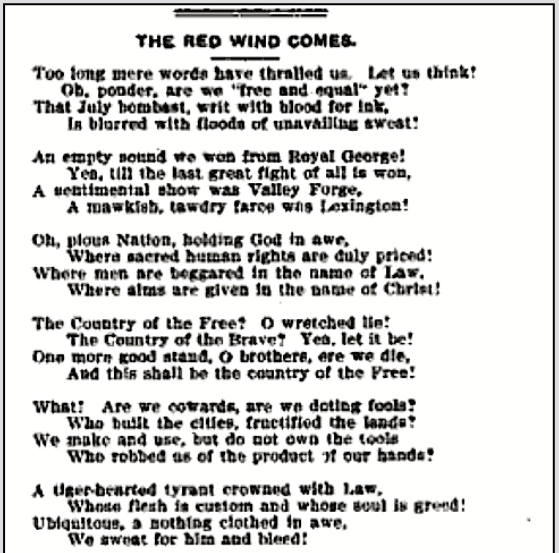
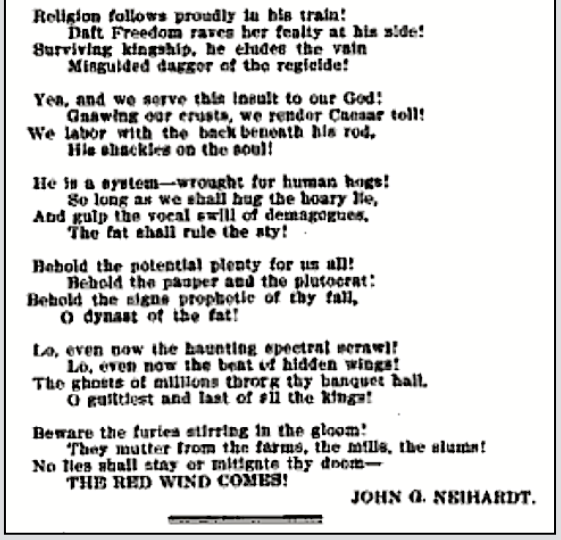
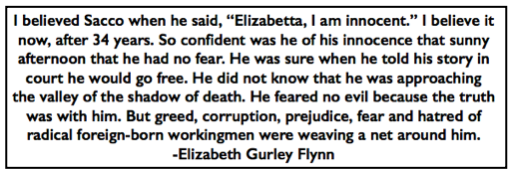 ———-
———-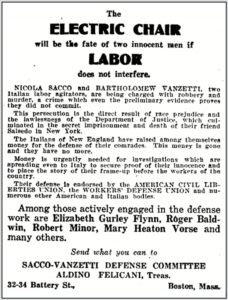 WE drove through the sweet New England towns on our way to the jail in Dedham , where Nicola Sacco has been sitting for six months , deprived of all occupation, waiting his trial.
WE drove through the sweet New England towns on our way to the jail in Dedham , where Nicola Sacco has been sitting for six months , deprived of all occupation, waiting his trial.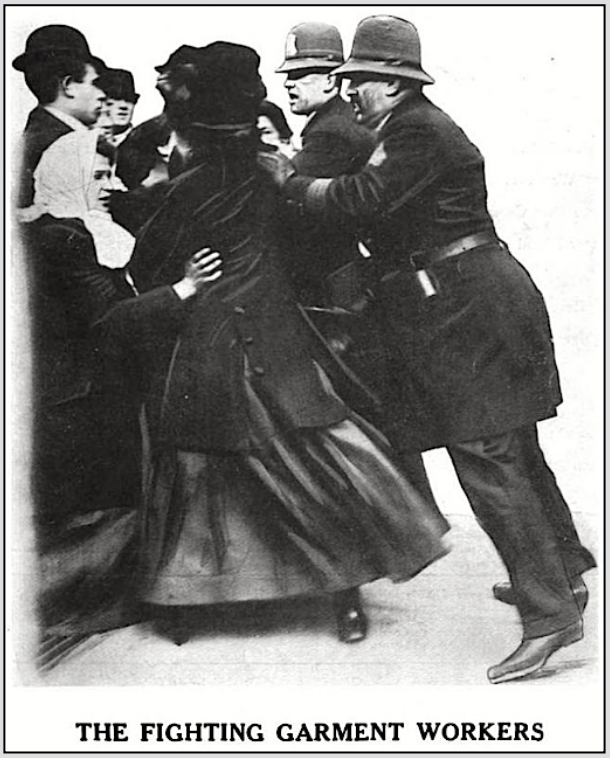
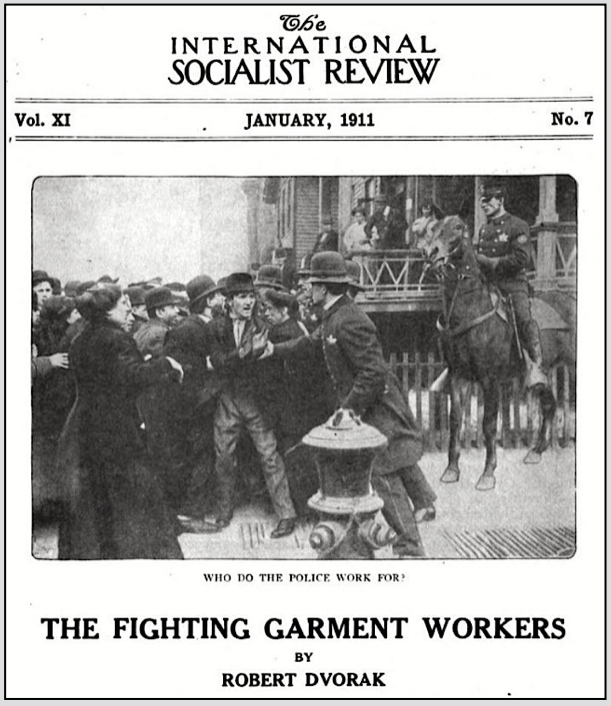
 ———-
———-